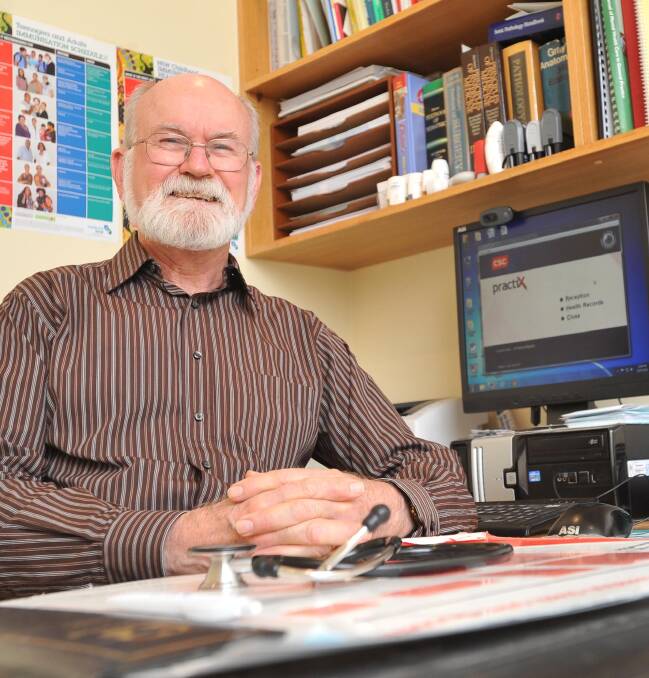
Doctor will be missed
I have just read the article on Dr Baguley's retirement from the Junee Correctional Centre.
Subscribe now for unlimited access.
or signup to continue reading
As the first governor of the gaol I have many fond memories of him. He represented the best of competency, compassion and decency in a stressful and complex environment.
I always enjoyed stopping in on the clinic on my daily tour of the gaol and discussing the issues of the centre and solving the problems of the world.
I wish him and his lovely wife all the best. I am sure he will be missed.
George A Grigas
Florida, USA
Honesty on cancer causes
This year the Australian Institute of Health and Welfare predicts that 15,200 women will be diagnosed with breast cancer, an alarming increase from 5200 in 1982.
Liver cancer rates have increased by 600% in the same period.
If medical science is telling us the truth, why are these rates ballooning while other cancers, such as stomach or bladder cancer are declining?
The answer may lie in the animal testing of the contraceptive pill where multiple species exhibited large increases in four different cancers, including breast and liver cancer.
Manufacturers were quick to claim that these results did not apply to human users or that studies were inconclusive.
This seemed questionable as a former hormonal drug, DES, had been removed from sale because of high cancer rates in users and especially their daughters. DES began to be prescribed in 1938.
The 1940s are considered the beginning of the increase in breast cancer as well as the decline in male sperm counts.
As contraceptive usage grew, 18 studies of Pill users showed breast cancer increases ranging from 190% to 600%.
Amazingly, for each of these studies there were two claiming opposing results.
No-one seems to have questioned the reasons for these wide discrepancies in scientific analyses.
Today we use a meta-analysis of all 54 studies, averaging the increases with the decreases, giving only a 40% increase in breast cancer.
When the contraceptive pill was illegal in Japan only 1 in 50 women experienced breast cancer while Australia had 1 in 10.
In 2005 WHO oncologists declared the contraceptive pill a Class one carcinogen and we have stern restrictions for others, like smoking and asbestos.
Is it time to be honest with hormonal drug consumers?
John Martin
Mullaley
Dividends in the spotlight
When considering the negotiations between Calvary and Medibank I suggest you remember that Medibank is now a public company and as such is required by the shareholders to deliver a dividend.
To do this, Medibank needs to increase revenue from prospective patients insuring themselves and pay the least amount possible to the health care providers.
Health is expensive and any profits made by hospitals such as Calvary returns to patient care.
No shareholders demanding dividends from profits.
I am sure Medibank is happy to increase what it demands from those insured with it but is reluctant to increase what it pays to the hospitals as they want to pay as large a dividend as possible.
Sandie Sweeney
The Rock
Have your say
letters@dailyadvertiser.com.au














